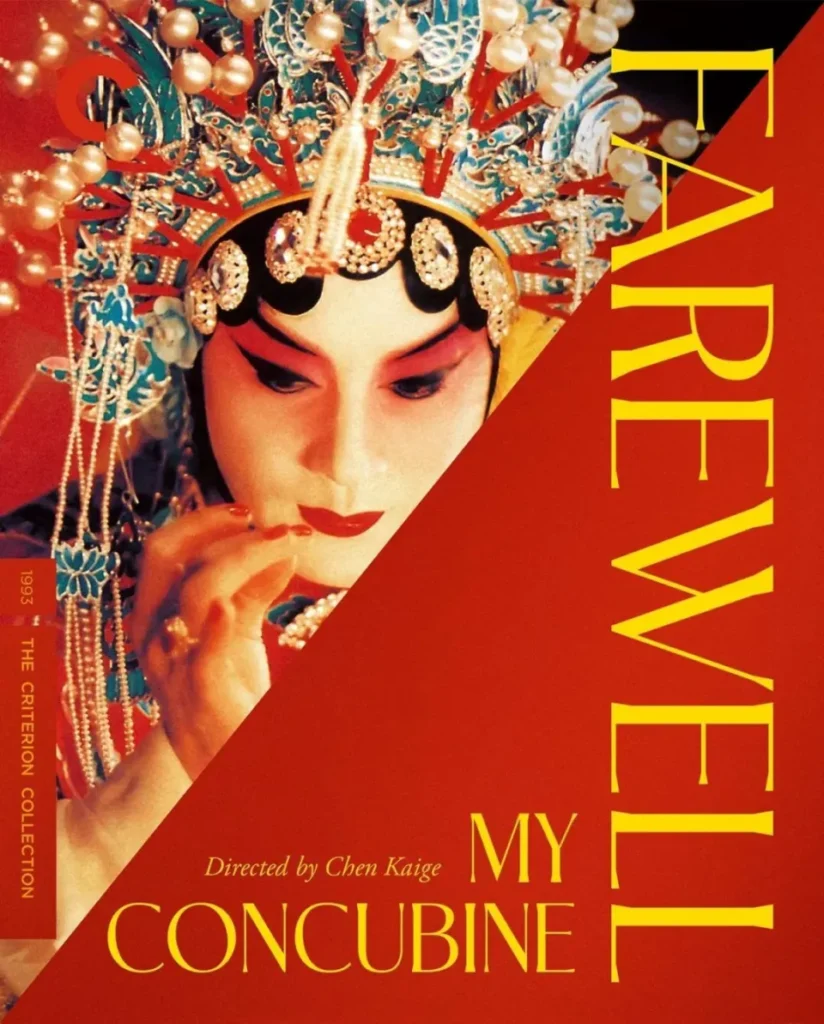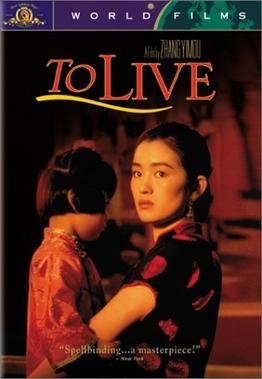Cinematic philosophy
Exploring obscure philosophical ideas through the lens of cinema.
The philosophy of film explores how films convey philosophical themes. Philosophy texts are sometimes obscure and tedious, making philosophical ideologies difficult to disseminate. Therefore, philosophers have developed a long tradition of using novels as a medium to express their ideas. But films, on the other hand, offer a distinct form of narration. Unlike novels, films combine visual elements and sound effects to create an immersive world of narrative, imagery, and emotion. This enhances philosophers’ capability of presenting complex ideas in an intriguing and intelligible way, offering a more vivid and engaging way to explore philosophical concepts.
Film Reviews

Farewell My Concubine
“Farewell My Concubine” tells the life stories of two Peking opera performers, portraying the topics of love, betrayal, and identities between their relationships. Spanning half a century, it captures their struggles amidst the most turbulent era of modern Chinese history.

To Live
“To Live” tells the tragedy of Fugui’s family through decades of suffering. During this historically turbulent era, he suffered the loss of both his son and daughter. Yet, he continues to live, merely for the sake of living. Through Fugui’s tragic life, the film explores the themes of death and nihilism, while critiquing the Chinese Communist Party of that era.

Blade Runner
“Blade Runner” are replicant cops tasked to hunt down and retire older replicant models, and the protagonist, “K”, is a Blade Runner. Through this film, the audiences follow the journey of K investigating the secrets behind an unprecedented naturally born replicant. Amidst stunning visuals and philosophical messages, the story delves into what it means to be truly alive.
